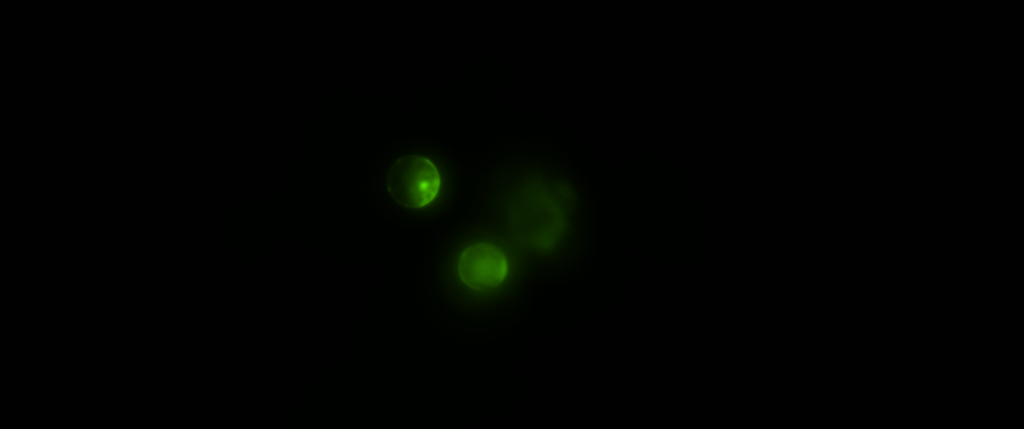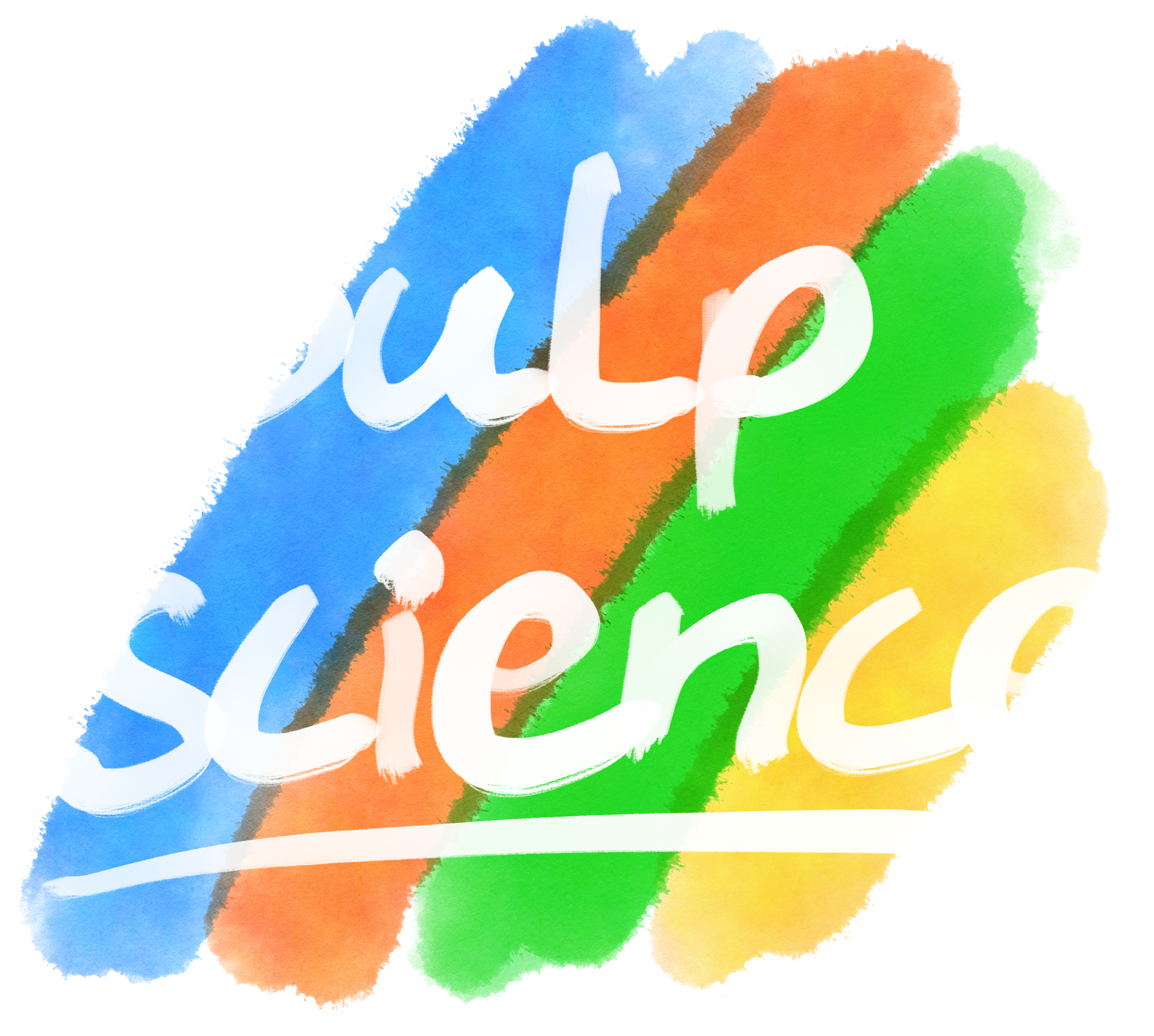
My former supervisor was never a man of many words. Even though he guided me through my first tentative one-and-a-half years of science, we would seldom talk more than was necessary. This was especially true for non-scientific topics. When he arrived at the office in the mornings, my presence was sometimes acknowledged with a barely audible “hi”, other times I had to make due with a quick side-glance while he briskly strode towards his desk. Another time, shortly after I had begun working under him, he left for one month of holidays, leaving me to fend for myself in a world of confusing molecules and menacing mathematical equations. I realised, that I should not expect much personal interaction with him, when the first words I heard from him after that one month of holidays were “I’m busy.” – no greetings, no smile, no time: he’s busy.
All of this is not to say that me and him were not getting along. Academically, we were a great fit, thinking along the same lines and never running into arguments with one another. It’s just that there was little personal interest beyond the mandatory Hello Goodbye (Paul McCartney sends his greetings). I would have valued a closer relationship to my supervisor, which is why those few instances of personal advice, which he did give, stuck in my mind all the more. I soon found out that late in the afternoon, he would tend to loosen up a bit and start talking. Of course, him being a man who is very much focused on his profession, his advice would only revolve around science and what it takes to survive in it. From these rare occasions, a few quotes have been engraved in my understanding of what academia requires of you. For myself, I have titled these the ‘Trinity of science’: Hard work, flexibility and a good amount of luck.
I. Hard work
I did my Bachelors and Masters work on the edge between many different disciplines: Synthetic Biology, Bioinformatics, Biophysics, Systems Biology… you name it. Critically however, I applied all of these on plant sciences. As a student of biology, you are told time and time again about the patience one needs to muster and the frustration one must be able to bare, when wanting to do research. Research takes time and might not turn out as you expect it to. This is especially true when working with plants, because here you might only find out that your experiment failed after nurturing your strain of plants over several generations for 6 months.
To my experience, such descriptions oftentimes behave very similarly in that you stop worrying about them, once you are affected yourself. This realisation came to me one day in the lab. It was afternoon already and the institute was starting to empty out. I, however, was still sitting at my bench, hunched over a blank sheet of white paper, which I was illuminating with two bright LED lamps from either side. Using a magnifying glass, I was looking at thousands of tiny brownish-red dots on the piece of paper: seeds of my Arabidopsis thaliana plants, the so-called thale cress. I was sorting the less than 0.5 mm-diameter seeds by color and had been doing so for the past few hours, when my supervisor came into the lab. Apparently surprised to see me, he asked what I was up to and if I was not going to leave. I explained to him that I needed to get my seeds sorted that day, in order to stay in my time frame and that I would be staying late. Looking at me, he said that this was very interesting and smiling about my confused face, he clarified, why: “It means you’re becoming a master.”
In a smart way, this conclusion was referring to two things: For one, I had recently finished my Bachelors thesis and started my Masters studies. In that sense, the statement simply showed that I was moving forward. However, I think that he primarily wanted to express something else with this sentence: That I had understood and started to adjust to the requirements of science. That I was adapting my schedule to my experiments on my own initiative. So, on that day, I may have stayed in the lab until the evening. Other days would follow, where I would be seeding plants onto antibiotic media until 3 am in the morning. On one Friday, near the end of my Masters, I even worked through the night until half past 5 am on Saturday morning, transferring 1,400 plants to soil, simply because they were drying out and needed to be rescued as soon as possible. Science can be hard work and it does not wait for you. Though in the end it is up to you to decide, how deep you want to delve into this rabbit-hole, since it can quickly consume you. If at all, such a drive must come from within you and not from the outside.
II. Flexibility
As I said, my supervisor and me mostly got along well and he was very pleased with my performance. In fact, there would only be one thing he sometimes criticised about me: “You’re too rigid.” Too rigid? What does that even mean? Just because I follow my protocols in minute details, thawing my cells for precisely 6 minutes, no second less or more, if it says so on the paper? Well yes, he would tend to make fun of that. But he was actually talking about a broader sense of science, which he would explain a few months later: “Science is like jazz.”
Since the time of my Bachelors thesis, we have been working on a publication of my results. Two things have been peculiar to me about that process. Firstly, it seemed like we were generating many more results than would actually go into the paper. When asking my supervisor about this, he responded that this is perfectly common. There may be far more knowledge behind a paper, than what is published. Loads of extra data may be available but simply not yet polished enough to be released. However, there can also be a strategic component to this retention, which leads to the second peculiarity: the manuscript was changing significantly with time. It is uncommon for any one scientist to be the only one, working on a particular topic. Usually, there are several groups overlapping in their interests and because of this, several people might be working on very similar publications simultaneously. Now, there is a lot to be said about the scientific spirit and open communication for the advancement of academia, but it is relatable for any one to want their work to be properly recognised. To ensure this, you can keep a little extra candy up your sleeve, which you can deploy should it be necessary. In our case, other groups were releasing work that approached ours, so we started shifting the focus of our manuscript.
As a jazz musician in a band, you get to express yourself freely, however your musical environment can change and you need to be able to quickly react and adapt to those changes. Similarly, the status quo in science develops constantly and sometimes your experiments might not be going well. In both cases, you will need to reorient yourself in your environment and identify your place in that universe. In science, it is important to constantly be on top of the game, to know what the state-of-the-art is and to be aware of developments, in order to potentially adjust your own work, if need be.
III. Luck
I remember the moment very clearly, when I sat down at that microscope with my sample slide at hand. The slide carried some plant cells in a thin layer of medium between two glass panes. It was, once more, afternoon already and the last activity on my bucket list for that day. Frankly, I did not expect to see anything, because the same experiment had already failed the week before. The implications of this failure were quite daunting, because if we could not show that our system worked, then months of preparation would have been for nothing. So let’s get it over with, then. Insert the sample slide, turn on the microscope, switch to my wavelength filter, look through the eyepiece, and… green! A world of green – cells over cells of bright emerald color, swimming there as if they had always been doing exactly that. What was usually a cosmos of gloomy planets hidden in the shadows, had transformed into an explosion of jade suns, lighting up their galaxy, celebrating a late St. Patrick’s day. If my jaw could have dropped any lower, it would have hit the floor. Within seconds, I was out the door, found my supervisor, told him that we had fluorescence and collected that full-width grin that I knew would decorate his face immediately.
In principle, it is the essence of science, which makes it both fascinating and frustrating: we don’t know, what is going on. The entire point of science is that there is some question, which we are trying to answer. Now, there might be a hypothesis about the solution and that hypothesis might make perfect sense in the entirety of our knowledge. The problem is that our knowledge is limited and therefore the hypothesis might be viable in our limited world view, but not in the context of the underlying truth. In such cases, an experiment, which seems like it should absolutely work, will mysteriously not and you will need to prove your flexibility once again. After all, while you probably had good reason to believe one thing, another thing could be just as plausible. But sometimes, if you have laid out your arguments very well and on top of that are really lucky, your hypothesis just might line up with your experimental results and you may have discovered some truth.
I guess anyone in science is aware of this factor of luck. In my supervisor, it would always be expressed the same way, whenever we had agreed on a new strategy: he would throw me a side-glance, his eyebrows would be raised in an upside-down V shape, casting wrinkles on his forehead and our discussion would be concluded in the ever-repeating plea: “Fingers crossed, Christoph!”


